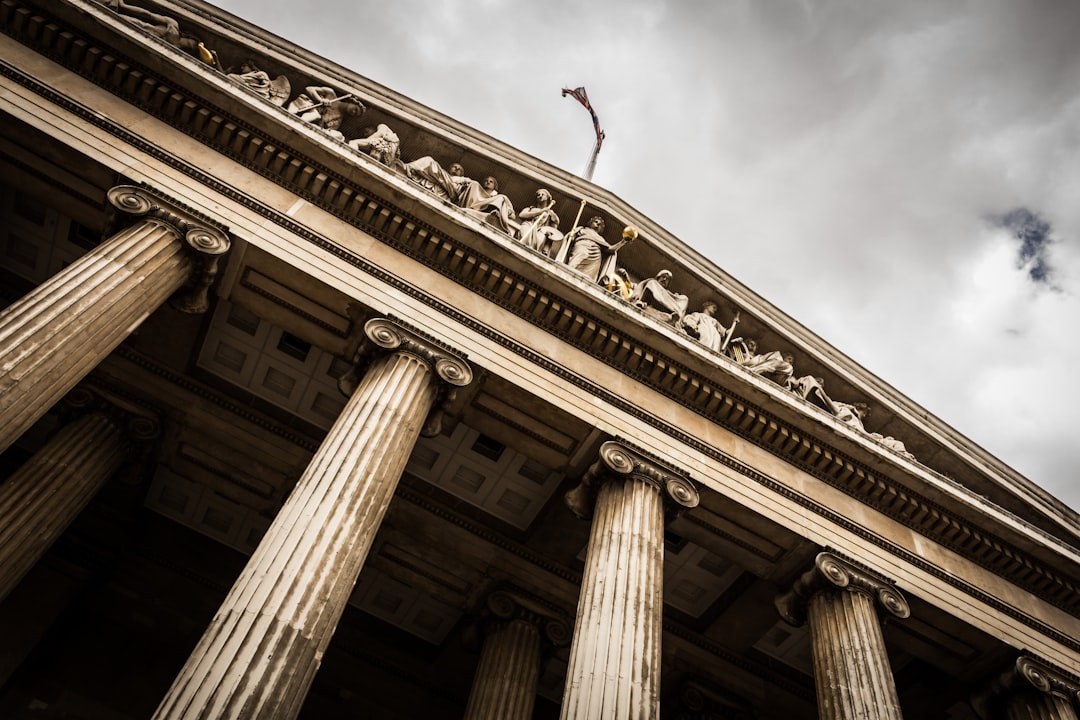In Pennsylvania, victims of clergy sexual abuse have a limited time to file claims, with extended deadlines for minors. A specialized sexual abuse lawyer is crucial to navigate complex legalities, advocate for victims’ rights, and build strong cases against religious institutions. These attorneys handle sensitive matters, gather evidence, and fight for compensatory and punitive damages to ensure survivors receive justice and compensation. After filing a lawsuit, they guide clients through procedures, depositions, and negotiations, emphasizing effective communication for a robust case. For support in Pennsylvania, consider reputable sexual abuse law firms specializing in these cases.
In Pennsylvania, clergy sex abuse survivors are empowered to seek justice through robust legal strategies. This comprehensive guide delves into the intricate aspects of pursuing a claim, from understanding the state’s Statute of Limitations for clergy abuse cases to navigating the complex role of a specialized sexual abuse lawyer. We explore common challenges, available damages, and essential steps post-filing. For survivors seeking a Pennsylvania sexual abuse attorney or law firm with expertise in these matters, this article offers invaluable insights into the legal process.
Understanding Pennsylvania’s Statute of Limitations for Clergy Abuse Cases
In Pennsylvania, understanding the Statute of Limitations is a critical aspect of any clergy abuse lawsuit. These legal timeframes dictate the period during which individuals can file civil claims related to sexual abuse or other harm caused by religious leaders. For historical and legal reasons, the state has established specific rules for these cases, often allowing victims more time to come forward compared to other personal injury matters.
When it comes to sexual abuse by clergy, Pennsylvania law generally permits filing a lawsuit within two years of discovering the abuse or its effect on the victim’s life. However, there are exceptions and extensions available under certain circumstances. Victims who were minors at the time of the abuse may have until their 30th birthday to file, providing a more extensive window for justice. Consulting with an experienced sexual abuse lawyer in Pennsylvania is essential to navigate these legal complexities and ensure victims’ rights are protected throughout the process.
The Role of a Sexual Abuse Lawyer in Pennsylvania: Building a Strong Case
In Pennsylvania, where clergy abuse lawsuits are increasingly common, a sexual abuse lawyer plays a pivotal role in building and strengthening cases. These specialized legal professionals possess deep knowledge of state laws pertaining to clergy misconduct and have extensive experience handling sensitive matters related to sexual abuse within religious institutions. They serve as guides for victims, ensuring their rights are protected throughout the legal process.
A sexual abuse attorney in Pennsylvania starts by gathering comprehensive evidence, including medical records, witness statements, and relevant documents from the church or organization involved. They conduct thorough investigations to uncover details that may have been hidden or overlooked. With strategic planning and expert legal tactics, these lawyers navigate complex procedural rules, file timely lawsuits, and advocate aggressively for their clients’ rights and justice. Choosing a reputable sexual abuse law firm in Pennsylvania ensures victims receive dedicated support and the best possible outcome.
Common Challenges and Defenses in Clerical Sex Abuse Lawsuits
Clergy sex abuse lawsuits in Pennsylvania present unique challenges for both plaintiffs and defendants. One of the primary defenses often raised by religious institutions is the claim that they are immune from liability due to their religious status or the doctrine of sovereign immunity. However, many cases have successfully challenged these defenses, highlighting the institution’s legal obligation to protect its members, particularly minors, from sexual abuse.
Another common strategy employed by defendants includes attempting to discredit the plaintiff’s claims by questioning their credibility or suggesting that the alleged incidents were consensual. These defenses often involve intricate legal battles over the admissibility of evidence and witness testimonies. Sexual abuse lawyers in Pennsylvania must navigate these challenges while advocating for their clients, ensuring that each case receives a thorough and fair investigation. They work tirelessly to protect the rights of survivors and seek just compensation for the harm they have suffered.
Compensatory and Punitive Damages: What Survivors Can Expect
When it comes to seeking justice and compensation for clergy sexual abuse in Pennsylvania, understanding the potential damages available is a significant step. Survivors can expect several types of remedies through legal action. Compensatory damages aim to restore what was lost due to the abuse, including medical expenses, therapy costs, and any financial hardships incurred as a result. This aspect of the lawsuit seeks to provide practical support for survivors’ immediate and long-term needs.
Punitive damages, on the other hand, serve a different purpose. They are meant to punish the defendant—typically a church or religious organization—for their negligence or intentional acts that led to the abuse. These damages can be substantial and are intended to deter similar future misconduct. A sexual abuse lawyer in Pennsylvania or a sexual abuse law firm will fight for these damages to ensure survivors receive not just compensation but also a form of justice that holds perpetrators accountable.
Navigating the Legal Process: Steps After Filing a Lawsuit in PA
After filing a lawsuit in Pennsylvania for clergy abuse, individuals seeking justice must navigate several crucial steps to ensure their case progresses smoothly. The first order of business is to gather comprehensive evidence, including any documentation, witness statements, and relevant records that support the allegations. This process often involves contacting former church members, reviewing financial records, and securing expert opinions to strengthen the case.
Next, it’s vital to stay informed about legal procedures and deadlines. A sexual abuse lawyer in Pennsylvania will guide the plaintiff through pretrial hearings, depositions, and potential negotiations with the defendant’s legal team. This stage requires careful preparation, as it sets the foundation for the trial and could lead to a settlement or a robust defense strategy. Effective communication between the client and attorney is essential to make informed decisions throughout this navigation of the legal process.





